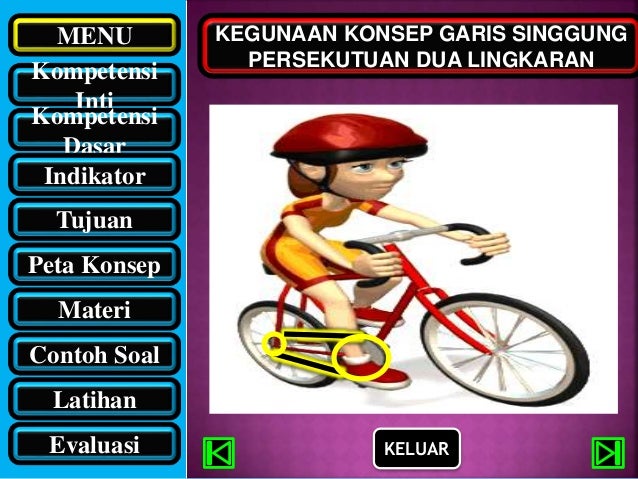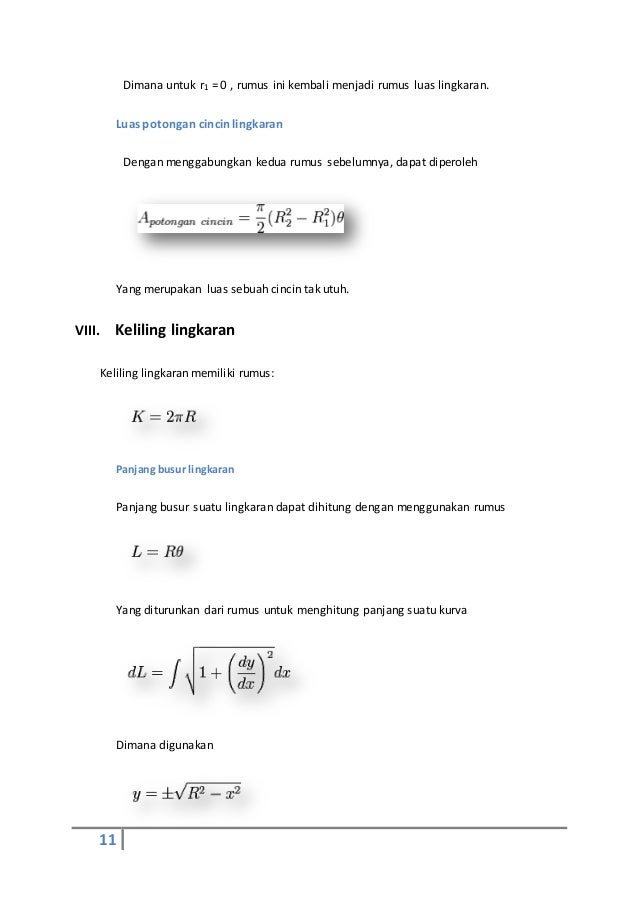
HTI is an Islamic revivalist group that seeks to reestablish the caliphate and to implement shariah (Islamic law). The end of Suharto regime on has provided Hizbut Tahrir Indonesia (HTI), which literally means Liberation Party of Indonesia, with an incentive to emerge and engage in the public sphere. Indeed, students were only able to resist the state and its practices because they did so from within the parameters the state had defined for dissent. And while students’ resistance was to some extent constrained by the limits set by the state, they also retained a significant capacity to exercise power on their own account. As this study shows, the state employed strategies and techniques which aimed to incorporate students into the state itself by modifying their behaviour in ways which were consistent with its needs and interests.

The student texts analysed in chapters four and six comprise influential student newspapers and magazines published on campuses in Yogyakarta, Jakarta and Bandung during the mid to late 1970s and the 1990s. These are the New Order’s ‘official’ national history, the Sejarah Nasional Indonesia, and a magazine published by the Department of Education and Culture from the late 1970s to the 1980s. Two state texts form the basis for the analysis in chapters three and five. It is also concerned with the ways in which students challenged the discourses of the New Order state by producing their own, alternative ways of thinking and speaking about their roles and identities. These discourses aimed to regulate how students were able to act in their capacity as students.



Through the application of critical discourse analysis to a number of key state and student texts, the study provides an insight into the linguistic techniques the New Order employed in producing particular ways of thinking and speaking (discourses) about students’ roles and identities. The study is grounded in theories about the relationship between language and power and in a method of textual analysis based on critical discourse analysis. It focuses on the period between 19 and on the period between 1989, when Indonesia entered a limited period of openness (keterbukaan), and the fall of Suharto in 1998. This thesis is a study of the politics of identity of Indonesian university students (mahasiswa) under Suharto’s New Order.


 0 kommentar(er)
0 kommentar(er)
